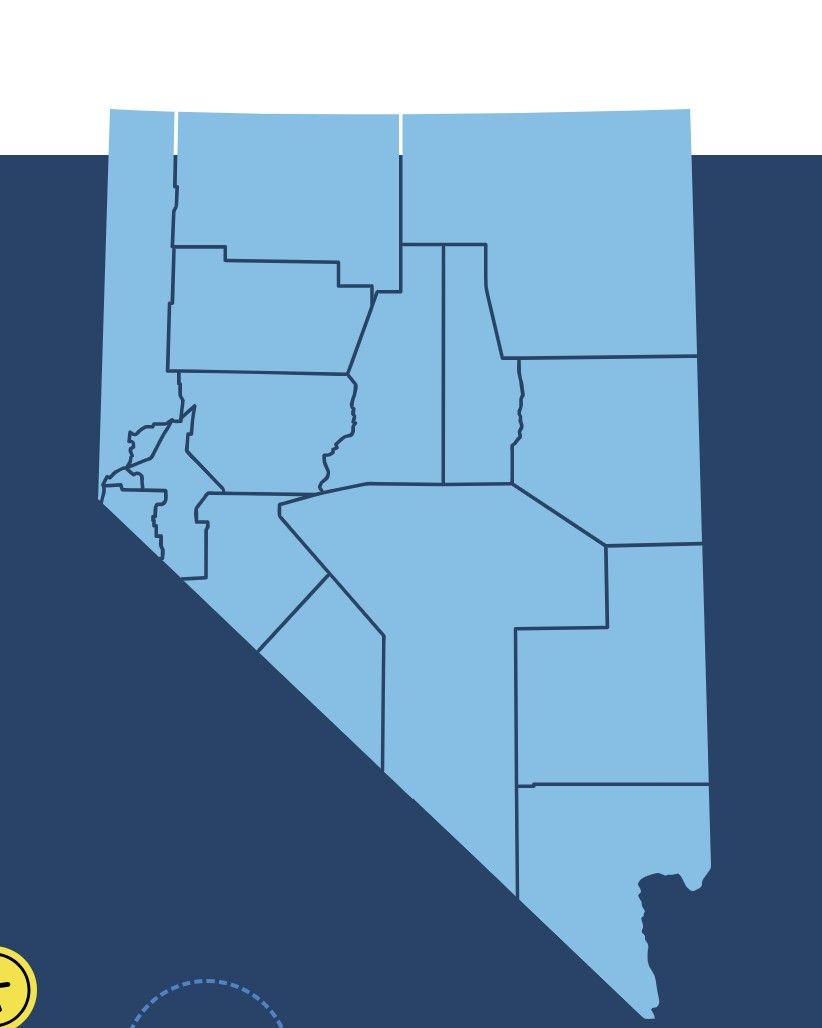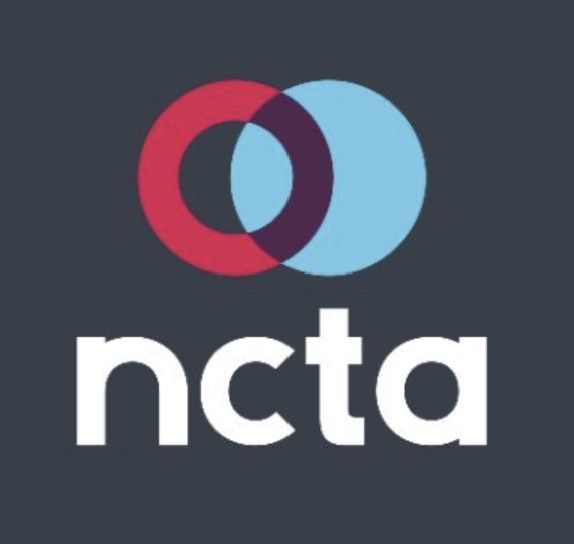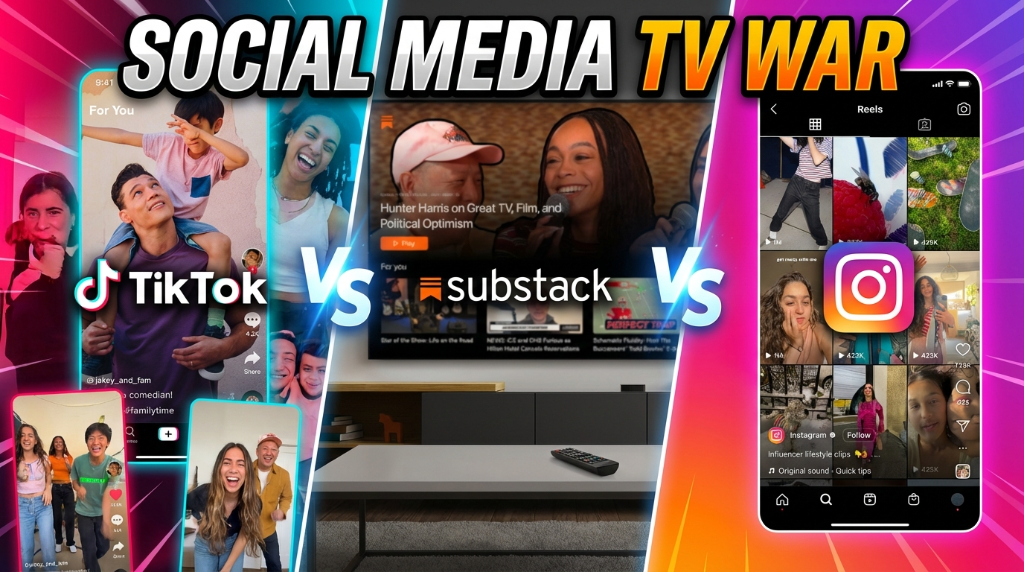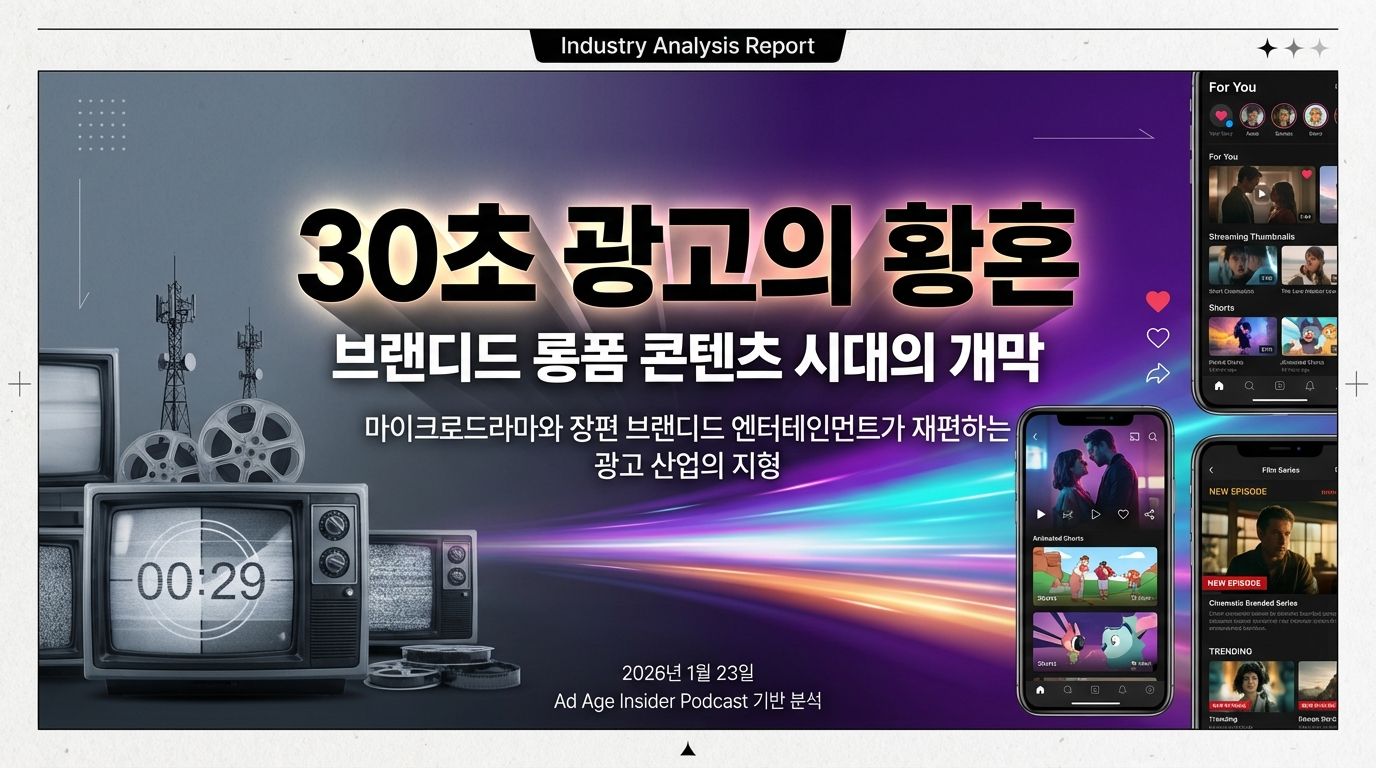최근 금융·정치권 일각에서 경기침체(Recession)에 대한 우려가 다시 고개를 들고 있다. 한동안 잠잠했던 이 ‘R 단어(Recession)’의 그림자는 엔터테인먼트 산업, 특히 헐리우드에도 빠르게 드리우고 있다. 2022년 중반 이후 어느 정도 안정된 듯했던 분위기가 다시 불안감으로 바뀌는 모습이다.
헐리우드와 미디어 산업은 ‘집에서 즐기는 엔터테인먼트’를 무기로 또 한 번의 침체기를 건너려 하지만, 코로나19와 각종 파업, 물가상승 등 이미 축적된 악재가 많은 탓에 그 여파가 얼마나 클지 장담하기 어렵다는 것이 현장의 공통된 시각이다. 이 가사는 버라이어티 기사를 바탕으로 추가 작성됐다.
Recession Fears Resurface: Why Hollywood Is Bracing Itself Once More
Lately, concerns about a recession have started popping up again in certain financial and political circles. After a relatively calm period, the shadow of that “R-word” is looming once more over the entertainment industry—Hollywood in particular. Although things seemed somewhat stable after mid-2022, there is a renewed sense of unease.
In short, Hollywood and the broader media sector are gearing up to weather the next economic storm, hoping the appeal of affordable at-home content helps them stay afloat. Yet, with the lingering effects of COVID, recent labor strikes, and the potential for ongoing price increases, it’s anyone’s guess how well they’ll survive another downturn.
■ 경기침체가 다시 화두가 된 이유
경제 지표 악화: 인플레이션, 관세, 증시 하락 등 여러 지표들이 불안한 신호를 보내면서, 공화당 행정부 역시 경기침체 가능성을 언급하고 있다. 심지어 트럼프 대통령이 “장기적 이익을 위해 단기적 침체는 어쩔 수 없다”는 식의 발언을 하면서 공포가 증폭되고 있다.
기업들의 고민: 4월 시작되는 1분기 실적 발표 시즌을 앞두고, 미디어 기업 CEO들은 경기침체로 인한 충격을 우려하고 있다. 광고 시장이나 콘텐츠 투자에 또 한 번 타격이 올 가능성이 있기 때문이다.
■ Why Talk of a Recession Is Back
Worrisome Economic Indicators
Inflation, tariffs, and a slumping stock market have all been sending out mixed signals, while the new Republican administration hasn’t shied away from publicly acknowledging that “a short-term recession miht be a necessary sacrifice for the sake of long-term gains.” As a result, the fear of a downturn is growing.
Corporate Concerns
With first-quarter earnings season for media companies kicking off next month, CEOs are anxious about how a potential recession could affect their businesses. Advertising sales and content investments are often the first to take a hit in an economic slump.
미국 소비자들의 제품 카테고리별 지출 기대치(Spending Expectations Among U.S. Consumers, by Product Category)
미국 소비자 대상 Q1 2025 카테고리별 지출 전망(맥킨지앤컴퍼니 “ConsumerWise Global Sentiment Survey”, 2025년 2월, n=4,000)
조사 질문
“향후 3개월 동안, 다음 카테고리에 평소보다 ‘더 많이(More)’, ‘비슷하게(Same)’, ‘더 적게(Less)’ 지출할 것으로 예상하십니까?”(: Over the next 3 months, do you anticipate spending more, about the same or less money than usual on the following categories?)
| 제품 카테고리 (Product Category) | 지출 감소 (Less) | 지출 유지 (Same) | 지출 증가 (More) |
|---|---|---|---|
| 액세서리 (Accessories) | 46% | 41% | 13% |
| 인테리어/홈 데코 (Decorations and products for home) | 46% | 42% | 12% |
| 주얼리 (Jewelry) | 44% | 42% | 14% |
| 가구 (Furniture) | 43% | 37% | 20% |
| 전자제품 (Electronics for home or personal use) | 43% | 41% | 16% |
| 단기 숙박(주택·아파트 렌탈) (Short-term apartment/house rentals) | 40% | 44% | 16% |
| 호텔/리조트 숙박 (Hotel/resort stays) | 38% | 46% | 16% |
| 앱을 통한 음식 배달 (Food delivery from app) | 37% | 45% | 18% |
| 의류 (Apparel) | 37% | 49% | 14% |
| 신발 (Footwear) | 35% | 52% | 13% |
| 외부 오락(외식·영화 등) (Out-of-home entertainment) | 33% | 52% | 15% |
| 패스트푸드/퀵서비스 레스토랑 (Meals at quick-service restaurants) | 33% | 54% | 13% |
| 국제선 항공 (International flights) | 32% | 42% | 27% |
| 스포츠/야외용품 (Sports/outdoor equipment & supplies) | 32% | 50% | 18% |
| 홈 개선/정원용품 (Home improvement/gardening supplies) | 31% | 48% | 21% |
| 국내선 항공 (Domestic flights) | 31% | 50% | 19% |
| 일반 레스토랑 식사 (Meals at sit-down restaurants) | 31% | 54% | 15% |
| 주류 (Alcoholic beverages) | 30% | 59% | 12% |
| 크루즈 여행 (Cruises) | 28% | 46% | 27% |
| 퍼스널 케어 서비스 (Personal-care services) | 24% | 62% | 14% |
| 집에서 즐기는 엔터테인먼트 (Entertainment at home) | 22% | 67% | 11% |
| 반려동물 케어 서비스 (Pet care services) | 20% | 65% | 15% |
지출 감소(Less) 비중이 가장 높은 카테고리
액세서리(46%), 인테리어/홈 데코(46%) 등 의류·장식품 계열이 특히 ‘감소’ 응답률이 높다.
지출 증가(More) 비중이 상대적으로 높은 카테고리
국제선 항공(27%), 크루즈 여행(27%) 등이 20%대 중후반으로 나타나 해외 여행 수요가 증가세를 보일 것으로 예상된다.
가구(20%), 홈 개선/정원용품(21%) 역시 적지 않은 증가율을 보인다.
Highest ‘Less’ percentage: Accessories (46%), home decorations (46%), and other non-essential retail categories are where many respondents plan to cut back.
Notable ‘More’ percentages: International flights (27%) and cruises (27%) reflect growing demand for travel; furniture (20%) and home improvement (21%) also show a solid share of consumers planning higher spending.












![[보고서]CES2026 엔터테크 보고서](https://cdn.media.bluedot.so/bluedot.kentertechhub/2026/01/pkmea9_202601250121.jpeg)

![[CES2026]미디어 기업 업프론트(광고 설명회) 장소로 변신](https://cdn.media.bluedot.so/bluedot.kentertechhub/2026/01/xjbio9_202601222334.png)
![[CES 2026]레딧, 구글 메타 도전장 '맥스 캠페인 진행'](https://cdn.media.bluedot.so/bluedot.kentertechhub/2026/01/o4o2vj_202601220249.jpg)